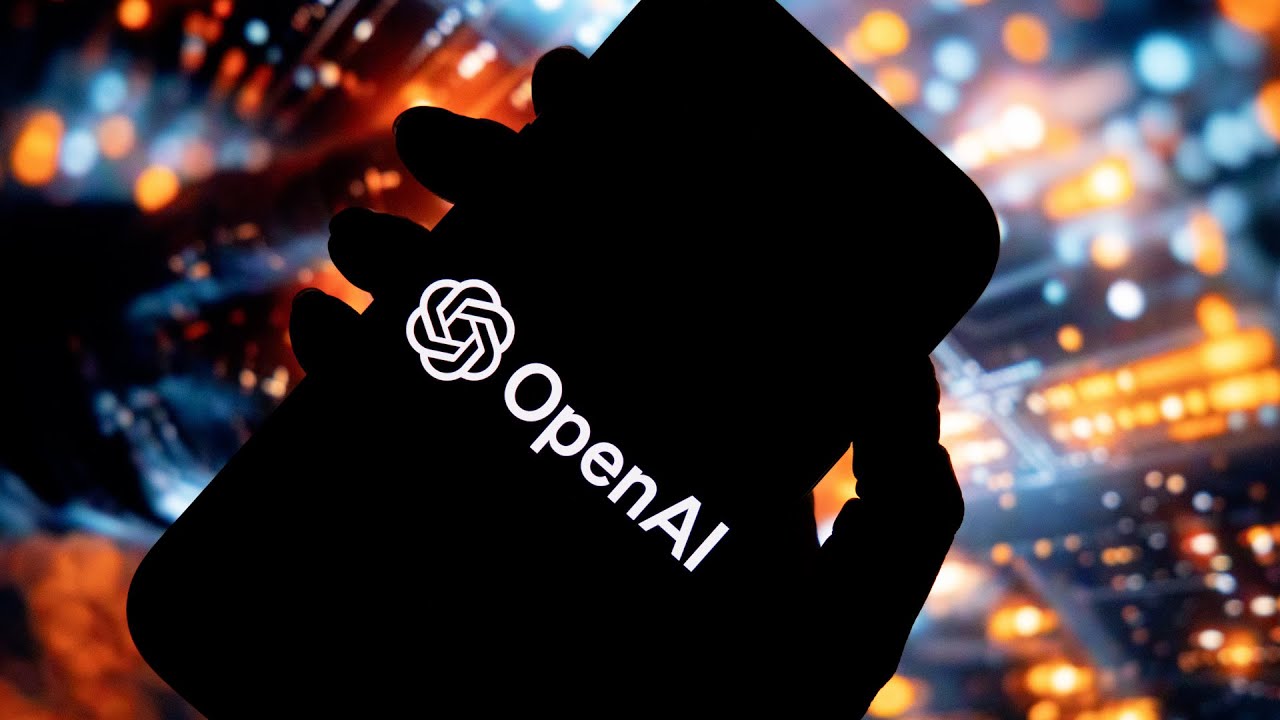OpenAI’s Project Mercury aims to automate routine tasks performed by junior investment bankers, such as financial modeling and creating presentations, to reduce their workload and burnout. By handling repetitive grunt work and streamlining feedback cycles, the initiative seeks to free bankers to focus on higher-level strategic and analytical activities, transforming the investment banking workflow.
Project Mercury is an initiative by OpenAI aimed at transforming the way investment banking junior staff handle their day-to-day tasks. According to reports from sources in Dubai, OpenAI is hiring investment bankers as contractors to assist in training AI models. These models are being developed to perform routine tasks such as financial modeling, creating PowerPoint presentations, and working with Excel spreadsheets—tasks that currently consume a significant portion of junior bankers’ work hours.
The core idea behind Project Mercury is to automate the repetitive and straightforward aspects of junior bankers’ roles, which often involve inputting numbers, updating estimates, and generating various financial scenarios for clients. These tasks, while essential, are largely mechanical and leave little room for strategic or analytical thinking. By leveraging AI to handle these grunt work activities, OpenAI hopes to free junior bankers to focus on higher-level, more meaningful work that requires critical thinking and creativity.
This initiative addresses a well-known issue in investment banking: junior analysts and associates frequently work extremely long hours—sometimes 80 to 100 hours per week—performing tedious tasks that can lead to burnout early in their careers. Project Mercury aims to alleviate this by reducing the workload associated with repetitive tasks, potentially improving job satisfaction and allowing junior bankers to develop more valuable skills that contribute to their professional growth.
Moreover, the project could streamline the feedback and revision cycle that junior bankers endure. Typically, after completing their work, bankers wait for feedback from managers, who then request numerous small changes and corrections. This back-and-forth can be time-consuming and frustrating. An AI-powered solution could handle many of these minor adjustments automatically, enabling both junior bankers and their managers to focus on more substantive aspects of deal-making and client interaction.
In summary, OpenAI’s Project Mercury seeks to revolutionize investment banking by automating the grunt work that currently dominates junior bankers’ roles. By doing so, it promises to enhance efficiency, reduce burnout, and allow banking professionals to concentrate on strategic and analytical tasks. This could lead to a significant shift in how investment banking teams operate, with AI playing a central role in supporting and augmenting human expertise.
